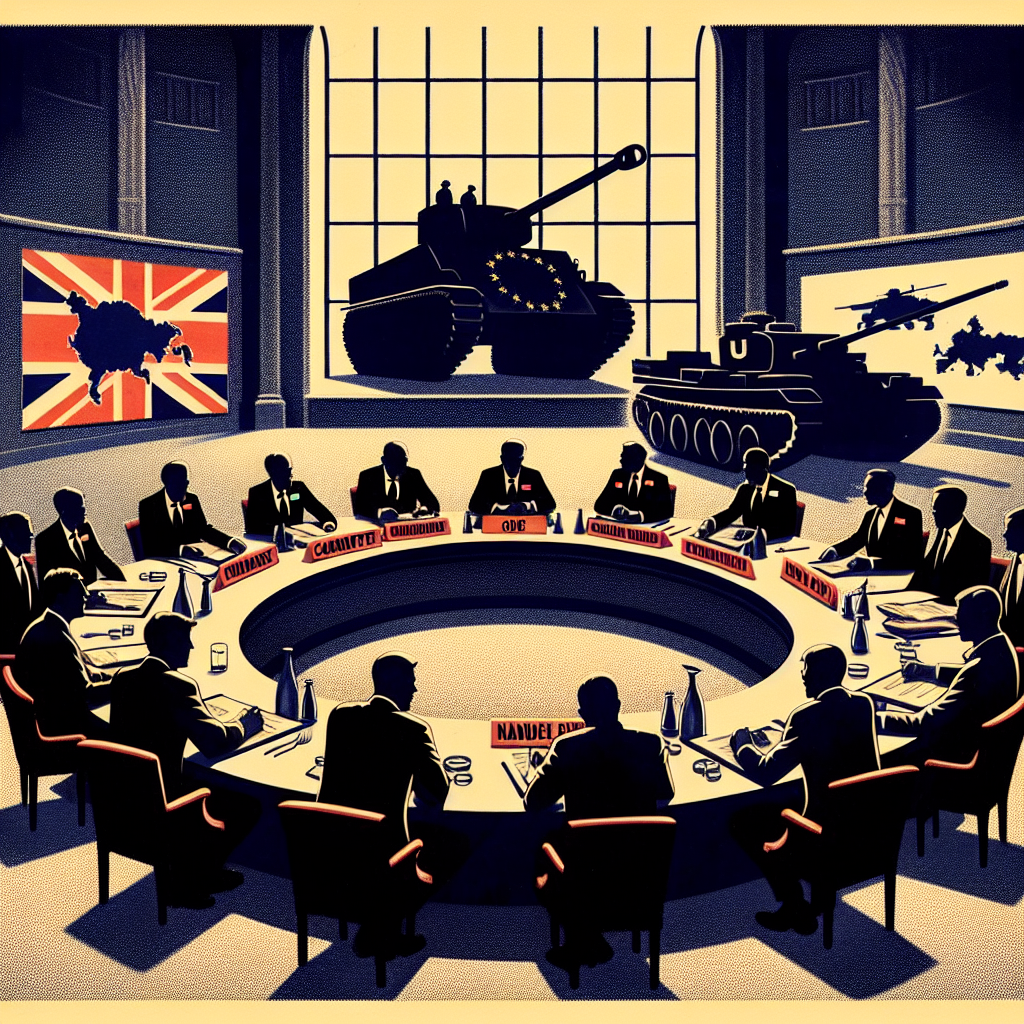EU Advises Candidate Nations Against Attending Moscow’s WW2 Victory Celebrations
EU Advises Candidate Nations Against Attending Moscow’s WW2 Victory Celebrations
Background
The European Union has issued guidance to countries aspiring to join the bloc, advising them to refrain from participating in Russia’s World War II Victory Day celebrations in Moscow. This advisory comes amid heightened tensions between the EU and Russia, particularly in light of recent geopolitical developments.
Key Reasons for the Advisory
- Geopolitical Tensions: The EU’s recommendation is largely influenced by the ongoing conflict in Ukraine and Russia’s actions, which have strained relations with the West.
- Symbolic Significance: Attending the celebrations could be perceived as an endorsement of Russia’s current policies, which the EU opposes.
- Alignment with EU Values: The EU emphasizes the importance of candidate countries aligning with its values and foreign policy stances.
Implications for Candidate Nations
Countries seeking EU membership are in a delicate position, balancing their diplomatic relations with both the EU and Russia. The advisory serves as a reminder of the expectations placed on them as they pursue closer ties with the European Union.
Potential Reactions
- Compliance: Some candidate nations may choose to comply with the EU’s advice to demonstrate their commitment to EU integration.
- Diplomatic Challenges: Others might face diplomatic challenges, as they weigh the potential repercussions of either decision on their relations with Russia.
Conclusion
The EU’s advisory to candidate nations regarding Moscow’s WW2 Victory Day celebrations underscores the complex geopolitical landscape and the importance of aligning with EU values. As these nations navigate their path to EU membership, they must carefully consider their diplomatic strategies in light of this guidance.

































